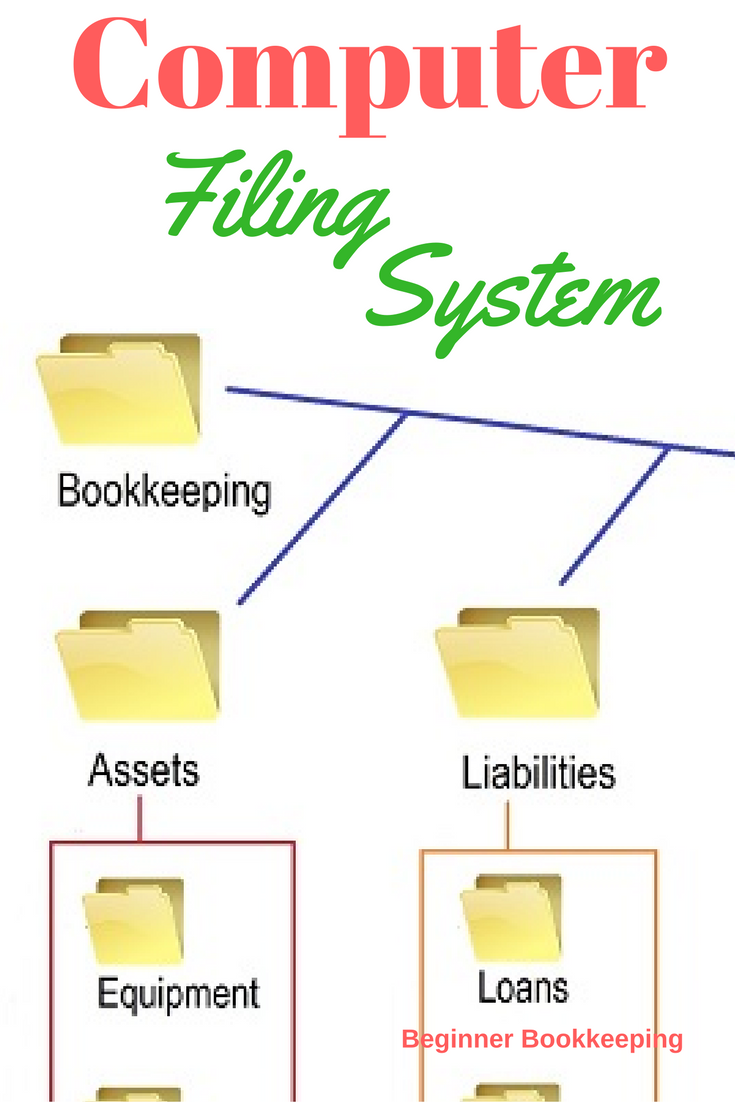5 Categories for Filing Business Paperwork Efficiently

Managing paperwork efficiently can be the backbone of a successful business operation, especially when considering the myriad of documents that pass through an organization daily. For entrepreneurs and business managers alike, organizing these documents into distinct categories not only ensures compliance and quick retrieval but also streamlines workflows, saving both time and resources. Here, we delve into five essential categories for filing business paperwork:
1. Financial Documents

The financial category is one of the most crucial areas for any business. Proper organization of financial documents is not only a legal requirement but also provides a clear picture of your company’s financial health.
- Income Statements - Documents related to revenues and profits.
- Balance Sheets - Summarizes the company’s assets, liabilities, and shareholders’ equity.
- Bank Statements - To track the cash flow and bank transactions.
- Receipts and Invoices - Essential for tax purposes and expense tracking.
- Tax Documents - Including tax returns, W-2s, 1099s, etc.
📌 Note: Ensure to retain financial records for at least seven years, as per tax regulations.
2. Human Resources

From hiring to termination, HR paperwork encapsulates an employee’s journey through the organization. Keeping these documents well-organized helps in:
- Employee Records - Contracts, resumes, job applications, references.
- Performance Reviews - To track employee progress and development.
- Payroll Records - Pay stubs, timecards, salary adjustments.
- Disciplinary Records - Notes on behavior, warnings, and final write-ups.
📌 Note: Ensure confidentiality when filing HR documents as they contain sensitive personal information.
3. Legal and Compliance

This category includes all the legal documents that keep your business compliant with various regulations:
- Contracts - With vendors, clients, or partners.
- Business Licenses - Ensuring your business operations are legally authorized.
- Regulatory Compliance Documents - Includes certifications, permits, safety protocols.
- Litigation Records - Any ongoing or past legal issues or disputes.
📌 Note: Legal documents should be filed with precision to prevent any legal lapses or disputes.
4. Operations and Maintenance

Operational paperwork includes everything that keeps the business running smoothly day-to-day:
- Inventory Records - Tracking goods, supplies, and products.
- Maintenance Logs - Records of equipment maintenance and service requests.
- Facility Management - Leases, rent agreements, utility bills.
- Client/Customer Files - Including orders, customer feedback, and complaints.
📌 Note: Regular updates to this category are vital for smooth operations.
5. Marketing and Sales

Marketing and sales documents are key to tracking growth and effectiveness of marketing strategies:
- Campaign Records - From planning to post-campaign analysis.
- Client Agreements - Contracts for marketing or PR services.
- Market Research - Reports, surveys, customer feedback.
- Sales Records - Sales orders, leads, customer databases.
Organizing business paperwork into these five categories can significantly improve your business operations. By ensuring that documents are easily accessible and well-indexed, businesses can:
- Reduce time spent looking for documents.
- Enhance decision-making with immediate access to critical information.
- Comply with legal and regulatory requirements efficiently.
- Streamline HR processes, reducing potential errors or oversights.
- Maintain a robust marketing strategy with accurate tracking and analysis.
Incorporating these categorization strategies will not only keep your paperwork in order but also contribute to the overall efficiency and health of your business. Remember, the key to effective organization is not just filing but also maintaining, regularly reviewing, and disposing of obsolete documents as per legal requirements.
What are the benefits of categorizing business paperwork?

+
Categorizing business paperwork helps in quick document retrieval, better organization, compliance with legal requirements, and aids in smooth business operations by reducing time spent on administrative tasks.
How often should business documents be reviewed?

+
Business documents should be reviewed at least quarterly to ensure all data is current, documents are properly filed, and unnecessary papers are disposed of according to regulations.
What is the recommended retention period for financial documents?

+
According to tax regulations, financial documents should be retained for at least seven years.



